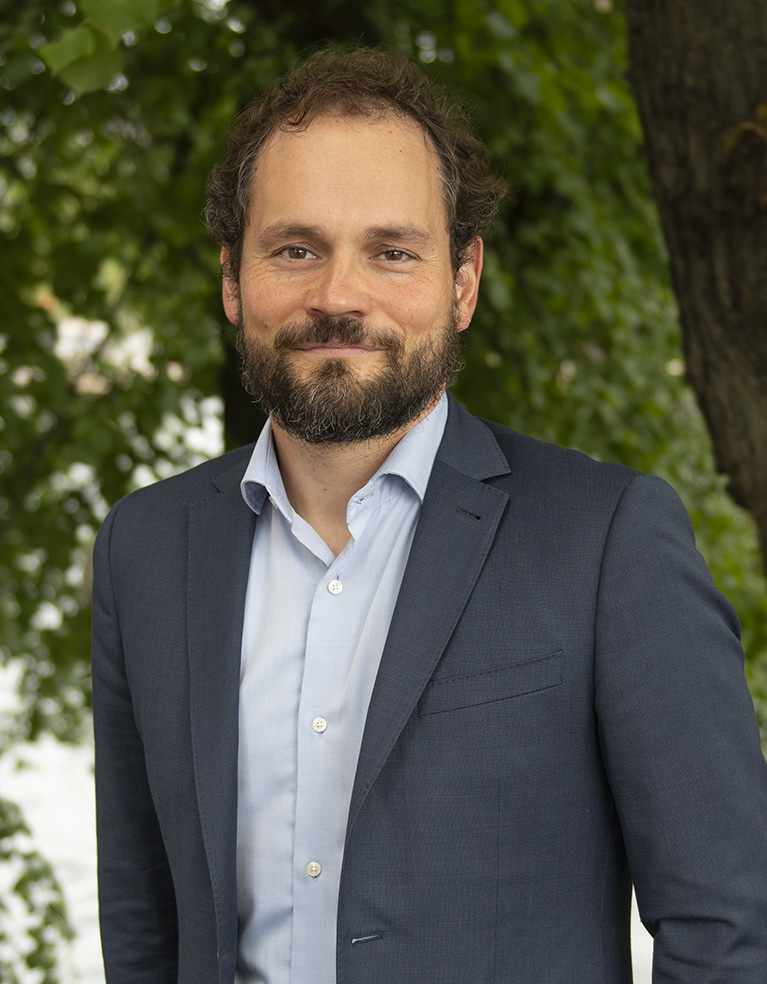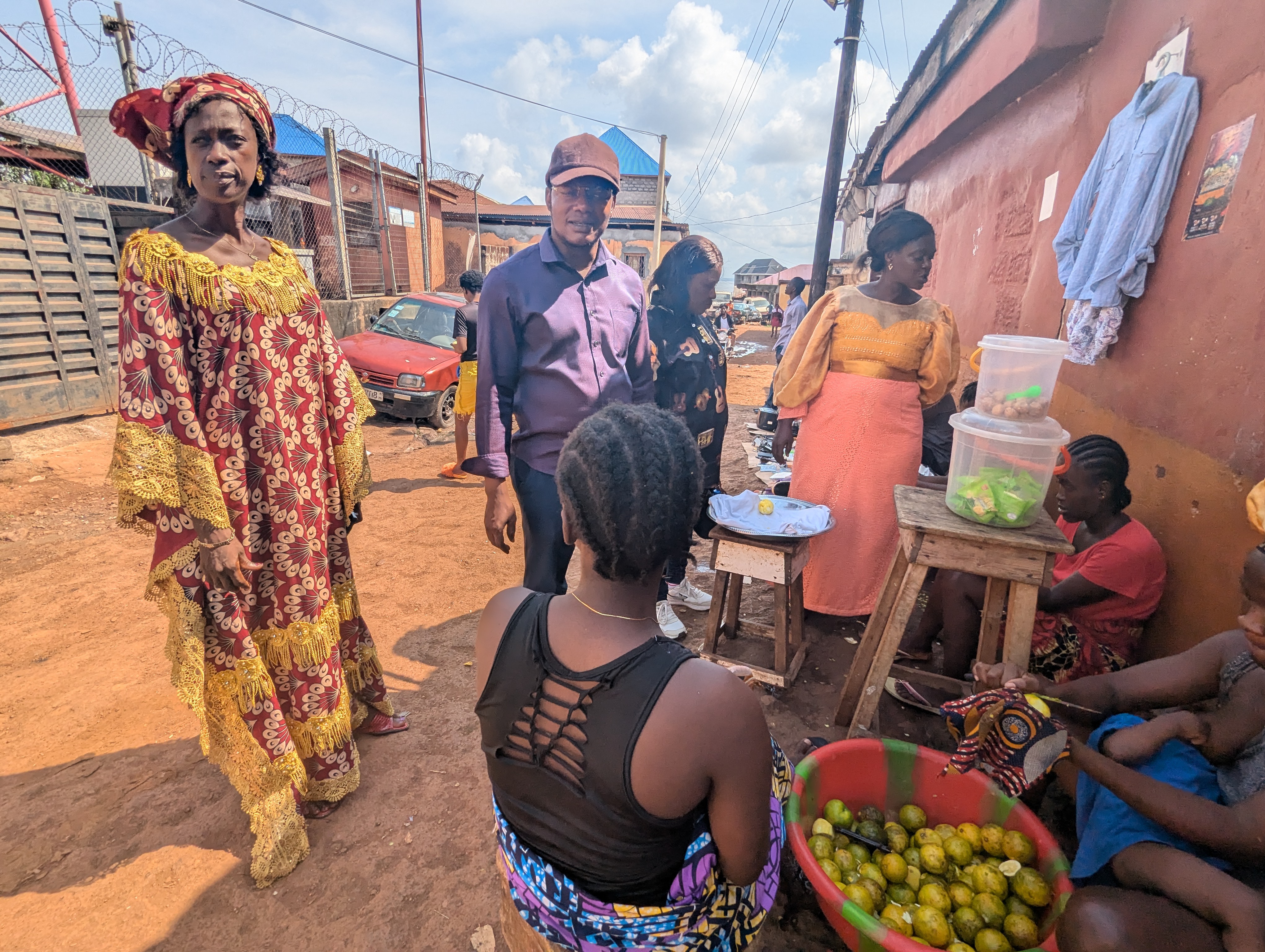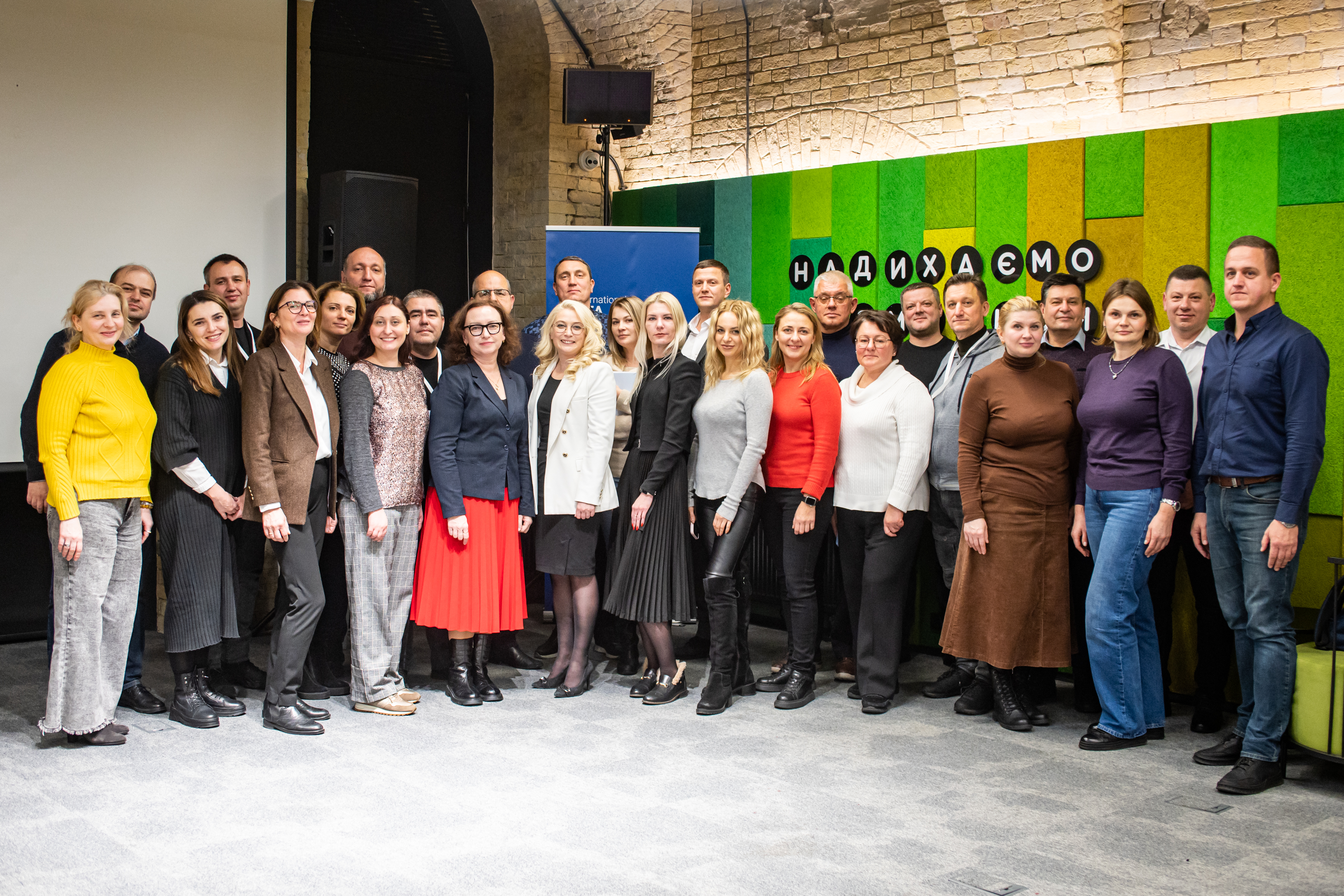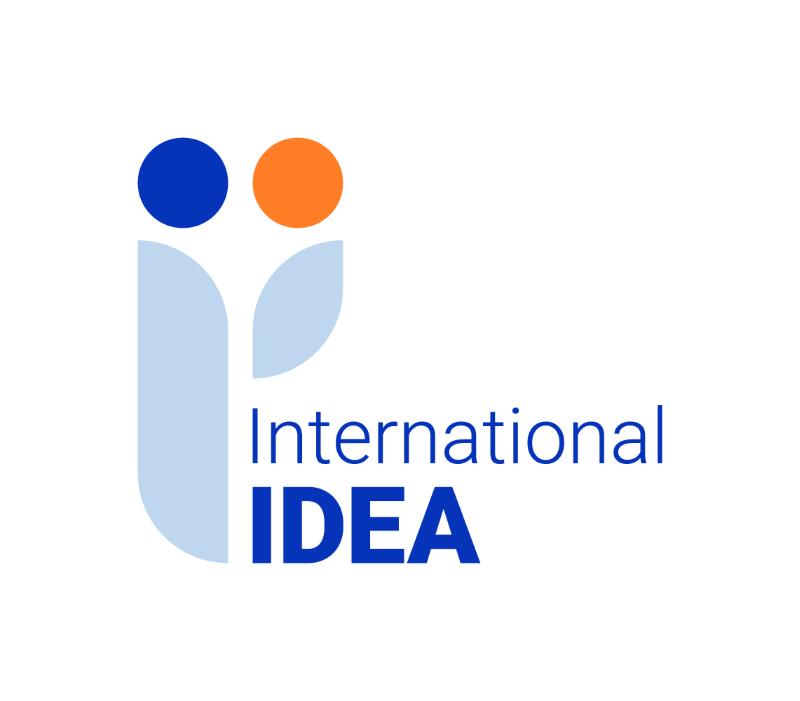Are elections and politics in Africa ready to cope with the influence of social media?
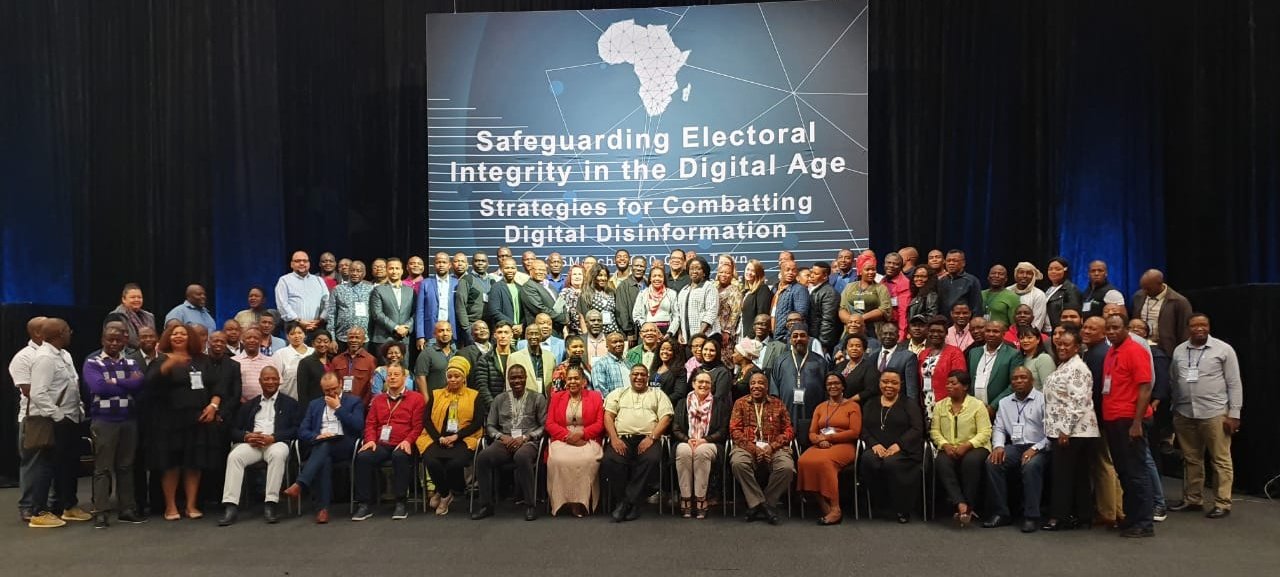
Africa as a region has the lowest levels of internet penetration in the world. According to the International Telecommunication Union, only 25 per cent of individuals access the internet in sub-Saharan Africa, and around 50 per cent in Northern Africa. Yet, this does not isolate it from the growing influence of social media and its capacity to manipulate public opinion online. While the number of new African internet users grows daily by the hundreds, in political campaigns we continuously see a significant increased use of social media as a campaign tool by political parties and candidates. Are the actors with the key mandate of protecting the integrity of the democratic process—especially electoral management bodies (EMBs)—ready to face this growing challenge?
Over the course of three days, EMBs from the majority of African countries have gathered in Cape Town to share concerns about their levels of preparedness and experiences in dealing with the challenges that social media presents for African elections and politics. In 2019, Nigeria, South Africa and Tunisia, witnessed political actors mounting digital information operations to veer the results of elections. Digital information operations are coordinated efforts to inauthentically alter public opinion online. They go beyond sheer disinformation, and include other techniques to manipulate public opinion, such as doxxing, astroturfing or coordinated smear-campaigns.
When it comes to protecting African elections from digital threats, there are three key elements that commonly emerge among EMBs. Firstly, EMBs agree on the need to build up capacities to detect attempts to manipulate the information environment in their countries. This includes increasing their data scrapping and analysis capacity, as well as improving their internal organization to make such units a fundamental part of their mission to protect the political process. This is especially relevant when it comes to voting suppression attempts by manipulating voting process information. Examples like the efforts of the Electoral Tribunal of Panama to build improved capacities ahead of their 2019 elections inspired this discussion among EMBs. They also noted the need to harness all the capacities of the state, with the EMB driving the effort, but with an emphasis on interagency cooperation.
The second priority highlighted was the financial side of the problem, and how few steps have been taken to address that in general. Although political financial regulations are highly detailed in many aspects, most fail to consider online activities by political parties and candidates. According to International IDEA’s Political Finance Database, only two countries (New Zealand and Tonga) in the world regulate how parties, candidates and third parties can spend money on digital activities. Yet, it is unthinkable today that a party will not spend part of their campaign budget on online activities. Political financial regulations need to be updated, taking into consideration that regulating how parties spend online might help reducing the possible use of social media to manipulate public opinion.
Thirdly, the EMBs also agreed on the need to create a set of principles and to speak with a united voice to the owners of the social media platforms. A united voice would help the push for continent-wide political features—such as participating in the Facebook Political Ad Library—but also to engage the platform owners as actors in the protection of the integrity of the political process.
Global news has shone a light on how elections in India and the US were victims of coordinated efforts to influence public opinion online. But little attention has been given to the many African countries where these same efforts have taken place. From Nigeria to South Africa, from Mozambique to Tunisia; EMBs all over the continent have made it clear that the moment to firmly address these issues is now.
